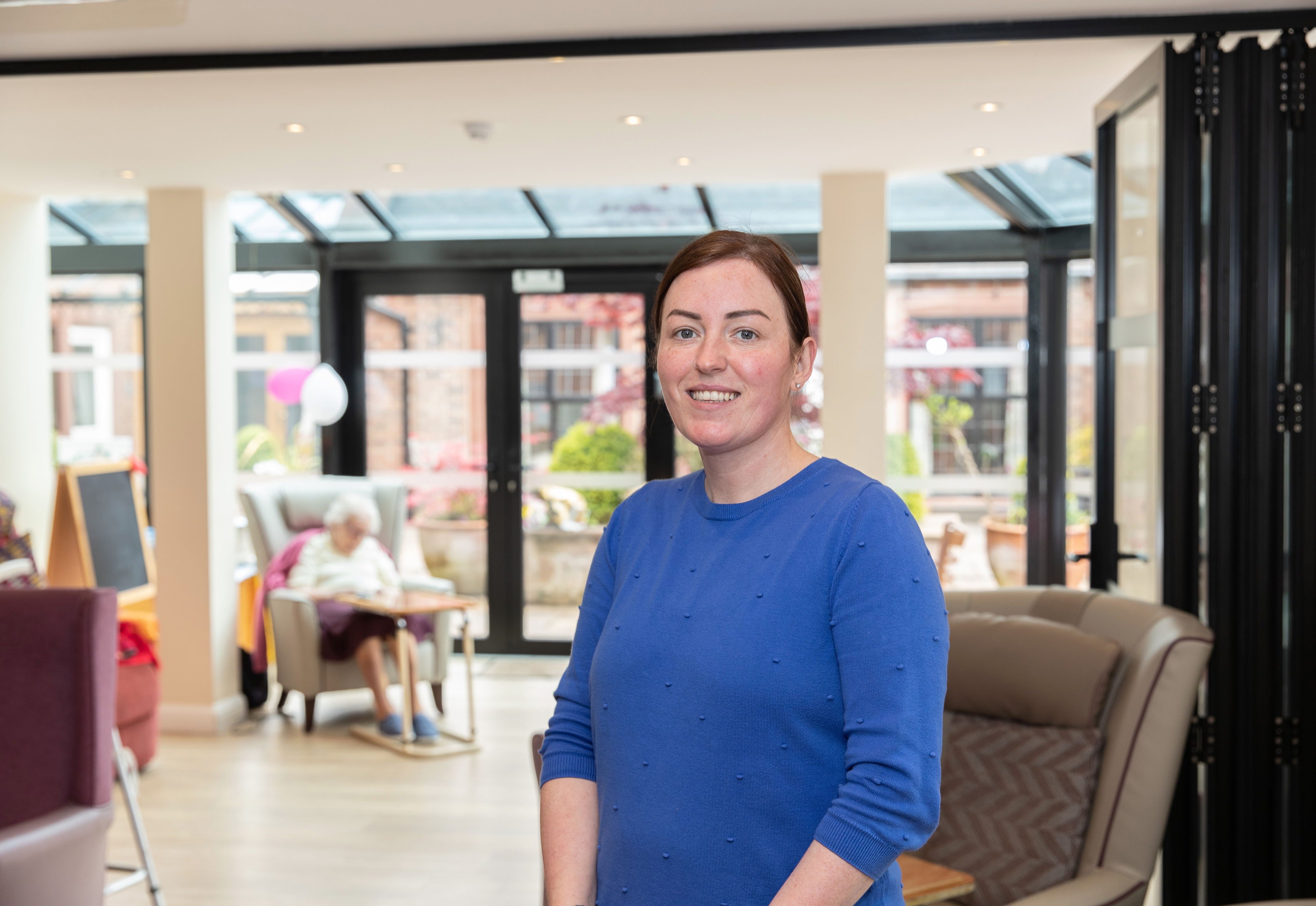In the UK, 405,000 older people (aged 65+) currently live in care homes. This represents 16% of older people over the age of 85 (BGS 2020). Within the North West Coast there are around 1250 care homes.
Older people living in care homes are likely to have complex and multiple long term conditions requiring ongoing health and social care support. With the onset of Covid-19, care homes have rapidly adopted innovative approaches, transforming not only how they provide care during crisis but also how they liaise with other care providers to keep residents safe.
Health Innovation North West Coast is offering a number of programmes to help improve the health of care home residents. Most of our work is a result of commitment over a number of years of responding to the needs of these settings, and some of this work was accelerated as part of the national Covid-19 response.
We engage with our members and care homes to understand the issues and to jointly plan how best to address them. We are presently developing a strategy to ensure that we are responsive to system needs.
We are sensitive to the pressures and priorities faced by care homes, and therefore collaborate across our programmes to ensure that we co-ordinate our activities.
This webpage brings together both national and local resources developed by a number of programmes within the North West Coast to enable care home managers to find out more about our innovative workstreams, best practice approaches and support, as well the latest developments in national guidance to ensure the health and wellbeing of their residents and staff.
Additional resources:
Restore2
RESTORE2 - Recognise Early Soft Signs, Take Observations, Respond, Escalate - is a physical deterioration and escalation tool for care settings.
Megan Owen, Deputy Manager of Prospect House in Malpas, Cheshire (pictured right) said: “Our nurses and senior staff completed RESTORE2 training and this has been used at Prospect House since 2020.”
“We are currently recording observations on paper however we do have the electronic version which we plan to start using shortly. Our staff began using the tool immediately and feedback has been really positive.”

Enhanced Health in Care Homes
Through the National Patient Safety Improvement programme (NatPatSIP), a key part of the PSCs’ role is to support care homes to use deterioration tools and treatment escalation and end of life care personalised care and support plans. This work also has strong links to the Enhanced Health in Care Homes (EHCH) framework,
The PIER domain:
- To Plan & Prepare for interventions reducing the risk of deterioration-associated harm prior to deterioration occurring. These include developing awareness of and taking actions to mitigate risk at individual and system levels through:
- Building safe and reliable care pathways, with co-ordinated system-level working across providers and professions
- Baseline assessment and sharing of individual risk factors and choices
- Reducing the potential for inappropriate transfer and treatment
- Integration of safety culture into daily processes
- Strengthening the voices of patients and their families
- Building improvement, measurement and human factors capability
To Identify the expedient recognition of physical deterioration through the reliable monitoring, identification and assessment of all patients’ conditions in all environments.
To Escalate the reliable communication of deterioration using a ‘common language’ recognised across the NHS with high quality, structured communication.
To Respond with timely actions, including review by appropriate clinicians and reliable activation of clinical interventions.

